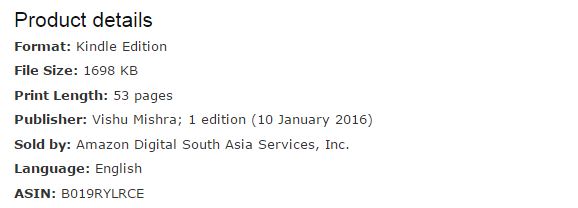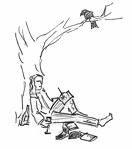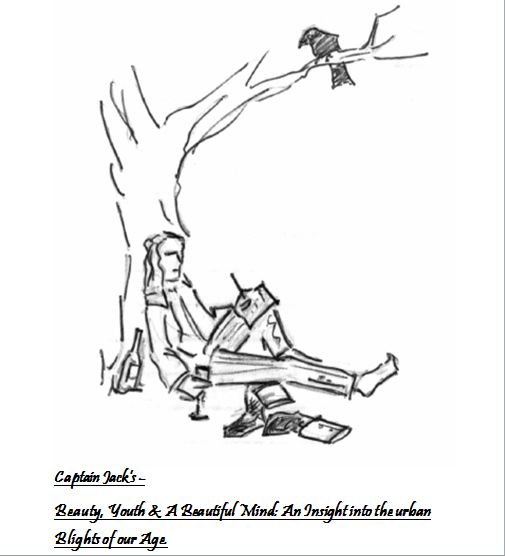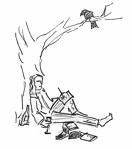Letter of Invitation
Dear bloggers,
This invitation is for all avid readers, through social forums & your better words. So first & fore-mostly, i request you to share this post with others.
Though some of you may not read voraciously, but it may still serve you well in this passing season. Contemplation with this book, shall acquaint you better with the resolution zeitgeist in New Year.
The topic squarely discusses the gaps & stresses in urban milieu, in-dept & variously. The book is well suited for readers on – social essays, urban dystopia & non-fiction narratives (in genre- body, mind & spirit).
It is available at Various Amazon e-book stores including – India, U.S.A, U.K. , France , Germany, Japan etc.
The e-book is available with pre-order on amazon kindle.
The book is designed with simplicity & logical illustrations. It engages conspicuous observations from urban lifestyles. The price is nominated at minimum to engage maximum readers.The aim is to enhance mutual social vision with cogent arguments, which may provide a new fillip to necessary but niche debates.
All said, It will be released on 10th Jan,2016. Looking forward to your best engagement & review of my short publish.
Herewith, attaching –Book Cover, illustration, Print details, synopsis and Book At-glance (snippets) from the e-book hitherto due for release as dated. (available with pre-order ).
Book At-glance (Free PDF File) – Book At -glance – Beauty, Youth & A Beautiful Mind
Please do acknowledge & share it around with people.
Thanks & Regards
Sincerely,
Vishu Mishra
P.s. –
Print Information –
Format : Kindle Edition
Print Length : 53 pages.
Release date : 10th Jan, 2016
Language : English
ASIN : B019RYLRCE
Genre:- 1. Primary (Non-fiction): Body,Mind & Spirit.
2. Sub Genre : Social Essay.
You may also avail the below link to download for all the above mentioned attachments.
https://goo.gl/3Dt1Xz – Download Here. Google short Link
Here are the other pertinent google links to this E-book.You can pre-order from here. Click on the short-links underscored as below –
- Amazon.in, E-book link for India : http://goo.gl/qxLd1K
- Amazon.com E-book Link for U.S. users. http://goo.gl/HSiH1T
- Amazon.com, Author’s U.S. profile : http://goo.gl/HuVbPn
- Amazon.uk, E-book Link for U.K. users : http://goo.gl/PFVCoj
- Amazon.uk, Author’s U.K. Page : https://goo.gl/dIUtyg
- Amazon.fr, E-book Link for France users : http://goo.gl/h3xsRG
- Amazon.fr, Author’s France Page : https://goo.gl/PYbpbF
- Amazon.de, E-book link for users in Germany : http://goo.gl/f3fSQf
- Amazon.de, Author’s Germany Page : https://goo.gl/jmbDEF
- Amazon.jp, Japan users can refer the amazon website with book details or author name : amazon.co.jp
Vishu Mishra
Book Author.
Other Links–
Blog’s Facebook Page : https://www.facebook.com/captnjacksparw/
Blog’s Twitter Handle : https://twitter.com/theoutofbusines
My Twitter Handle : https://twitter.com/vishu_mishra
Instagram Avatar : vishu.mishra
Other Social Links : http://theoutofbusiness.com/my-social-links/
P.P.S. –
Book Synopsis (Text ) –
*Begin*
The world is getting stacked into urban set-ups. The revel of this human pinnacle comes along with some grave ignorance. Boons of technology have taken an untoward hack into our modern lives. Over- digitization of human activities, affects our natural inclinations & organic behaviors. The urban order suffers with challenges of natural & un-natural pollutants.
This book discusses such gaps & stresses of mega-cities, which have taken away our gifts of – beauty, youth & a beautiful mind. It is an insightful discussion on the growing urban blights of 21st century.
These issues range in – popular, sophisticated & niche problems of new societal order. They are currently too advanced for entailment as a parliamentary debate or to be incorporated into world public policies. However, time is ripe to throw light on them with an astute reformist action.
There are undue stresses & gaps in our lifestyles, which need to be addressed sincerely. The overview of these changes within past few decades, can define our understanding of urban utopia. Evils of – digital news, virals-&-trends, commercial biases, must be tendered for sustenance of timeless human values. The book heeds & encourages this debate, to ensure an amicable human environment for our transient & future generations.
It is time to take expedient actions & avert this un-seen invasion. It is time to think, debate & act before our world gets digitally colonized.
*End of covering Letter*
Thank you for your time & perusal.
-&-Greetings for the day.
***








You must be logged in to post a comment.